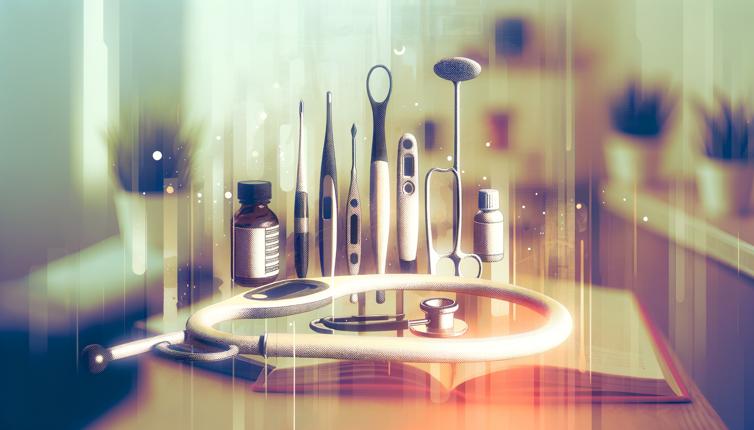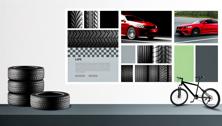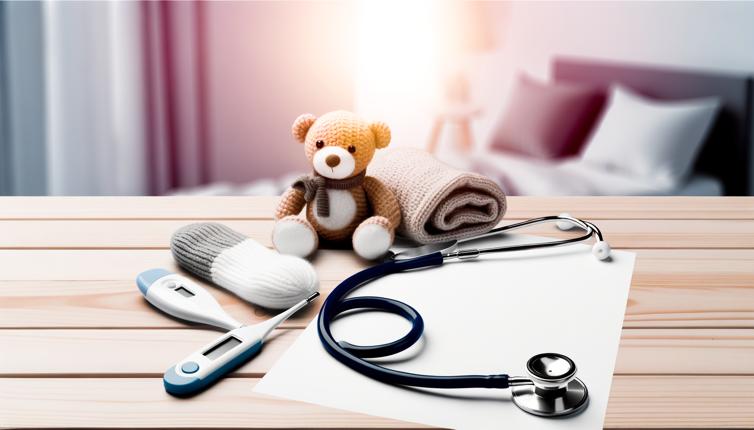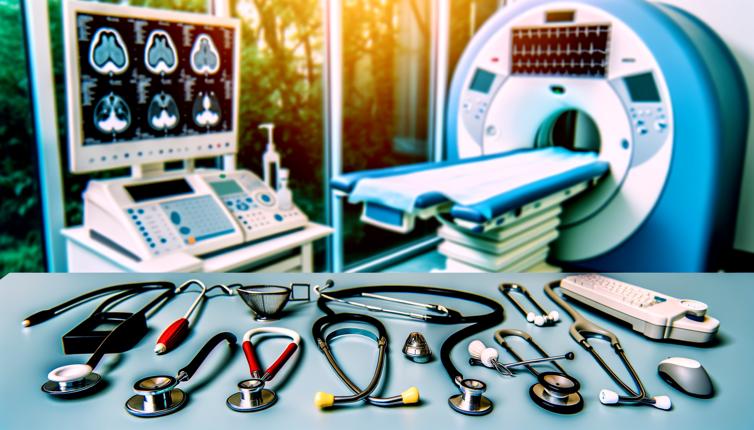Proper Handling and Storage
Follow the manufacturer's instructions for proper handling and storage of your medical devices. Improper handling can lead to damage or inaccurate readings.,Ensure that your devices are stored in a clean and dry environment, away from direct sunlight or extreme temperatures.,Use protective cases or covers when transporting delicate devices to prevent accidental damage.
Regular Maintenance and Calibration
Perform regular maintenance checks on your devices as recommended by the manufacturer.,Calibrate your devices regularly to ensure accurate measurements. Consult the user manual or contact the manufacturer for calibration guidelines.,Keep a maintenance log to track any repairs or servicing performed on your devices. This can help identify any recurring issues or patterns of malfunction.
Training and Education
Ensure that healthcare professionals using the devices and equipment are properly trained and educated on their operation.,Regularly provide training sessions to refresh knowledge and share any updates or advancements in device usage.,Encourage open communication among healthcare professionals regarding device concerns or suggestions for improvement.
Conclusion
By following these tips, you can ensure that your medical devices and equipment are utilized to their full potential, resulting in improved patient care and better outcomes. Proper handling, regular maintenance, and ongoing education are essential elements in maximizing the value of your medical devices.








